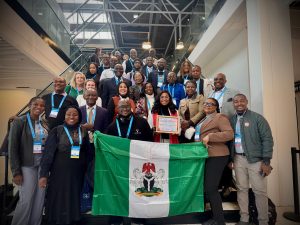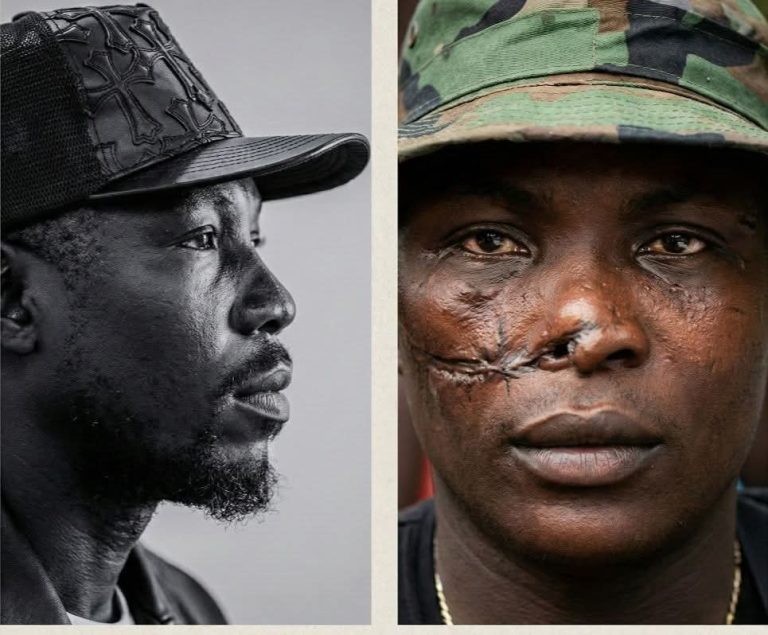A wave of public outrage has swept across Nigeria following a disturbing report from Anambra State, where a 62-year-old man allegedly married a 16-year-old girl. The event, shared widely on social media, has ignited fierce condemnation and reopened painful questions about child protection, legal enforcement, and cultural practices in the country.
READ: Tribute to the Charlie Kirk Legacy, His Last Moments and Suspected Killer (Video)
The marriage, which visually shows a massive age gap between the bride and groom, was met with immediate backlash online. Nigerians from various walks of life expressed their disgust and concern, questioning how such a union could be publicly celebrated and legally permitted. The incident shows the persistent challenge of underage marriage in Nigeria, despite existing laws designed to prevent it.

Legally, the Child Rights Act of 2003, which has been adopted by a majority of Nigerian states, sets the minimum age of marriage at 18. This aligns with global standards that define an individual below this age as a child, entitled to protection and education, not marital duties. However, the enforcement of this law is inconsistent and often clashes with deep-seated cultural and religious norms in various regions.
READ: Photos of Peter Obi’s Son with a Man Trigger Public Outburst
This is not an isolated case. The article recalls the highly publicized marriage of popular actress Regina Daniels, who was 16 when she wed billionaire Ned Nwoko, a man decades her senior. Even more alarming was the case of a Nigerian lawmaker who openly married a 12-year-old girl. These high-profile examples point to a systemic issue where powerful individuals act with impunity, and authorities often turn a blind eye.

The public discourse surrounding the event took a darker turn with the advice from a social media user, who commented, “Young men, build yourself first, make the millions and select any woman of your choice. Women dey for you dem no get choice.” This sentiment, which reduces women to commodities to be acquired with wealth, highlights a deeply problematic mindset that normalizes the transactional nature of such marriages and dismisses the agency and rights of the girl child.
READ: New Video Reveals Ibom Air Passenger Was Prevented from Exiting Before Altercation
The repeated occurrence of such marriages suggests a critical failure in safeguarding vulnerable children. Critics argue that the government is not doing enough to protect young girls, often prioritizing political or traditional interests over the unequivocal rights of the child. There is a growing call for stricter enforcement of the Child Rights Act across all states, alongside nationwide educational campaigns to change societal attitudes and empower girls with education and choices.

The marriage in Anambra is more than a local news item; it is a national litmus test for Nigeria’s commitment to its children. It demands a concrete response from lawmakers, community leaders, and citizens alike to ensure that every girl is protected, educated, and allowed to reach adulthood before being considered for marriage.
Discover more from TOKTOK9JA MEDIA
Subscribe to get the latest posts sent to your email.


























